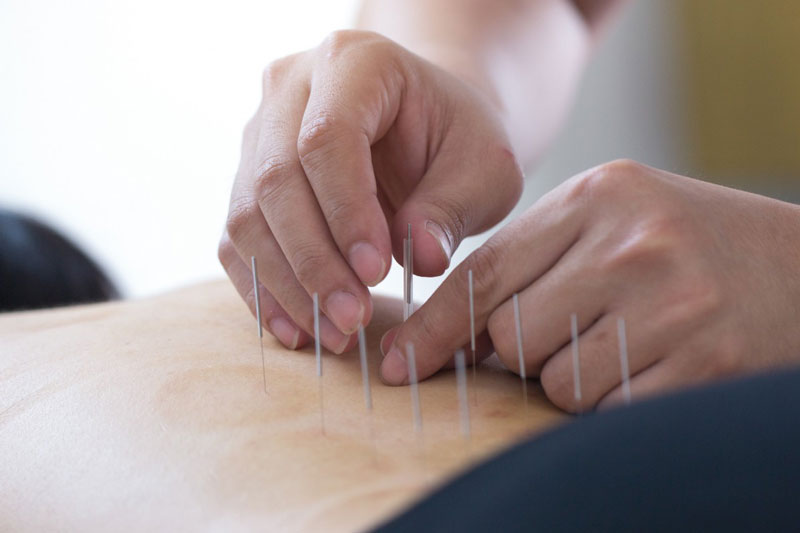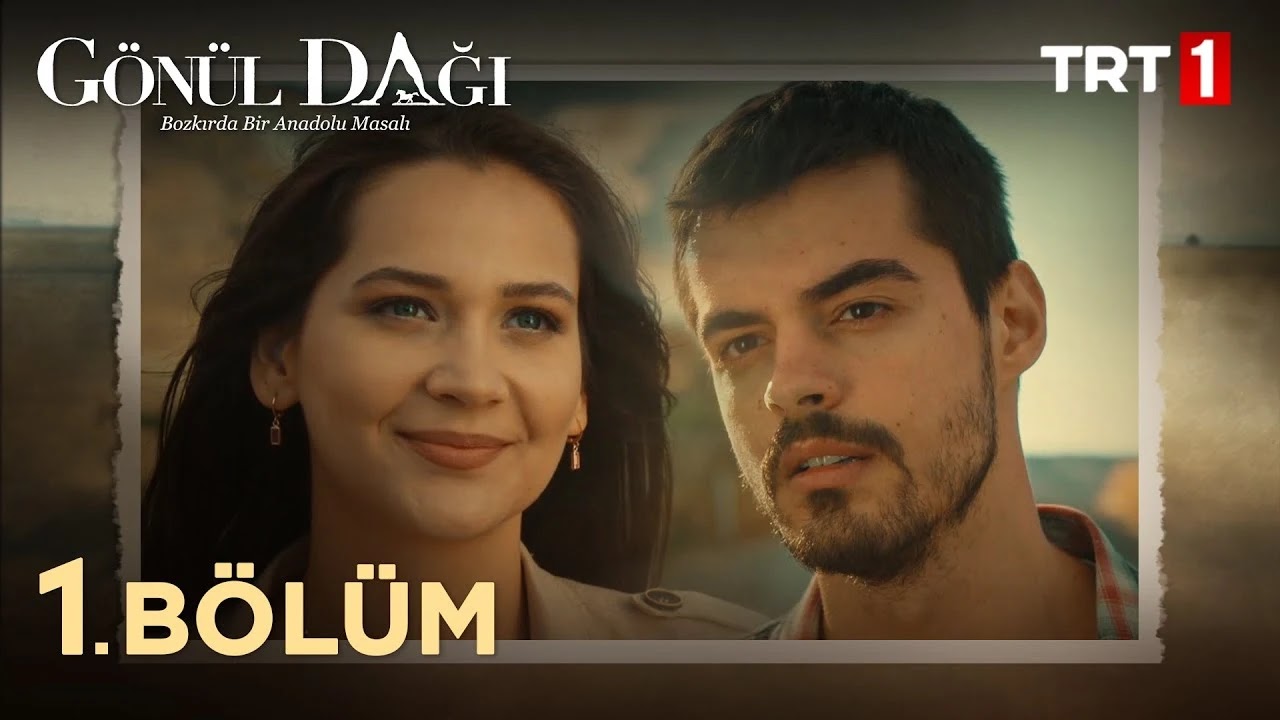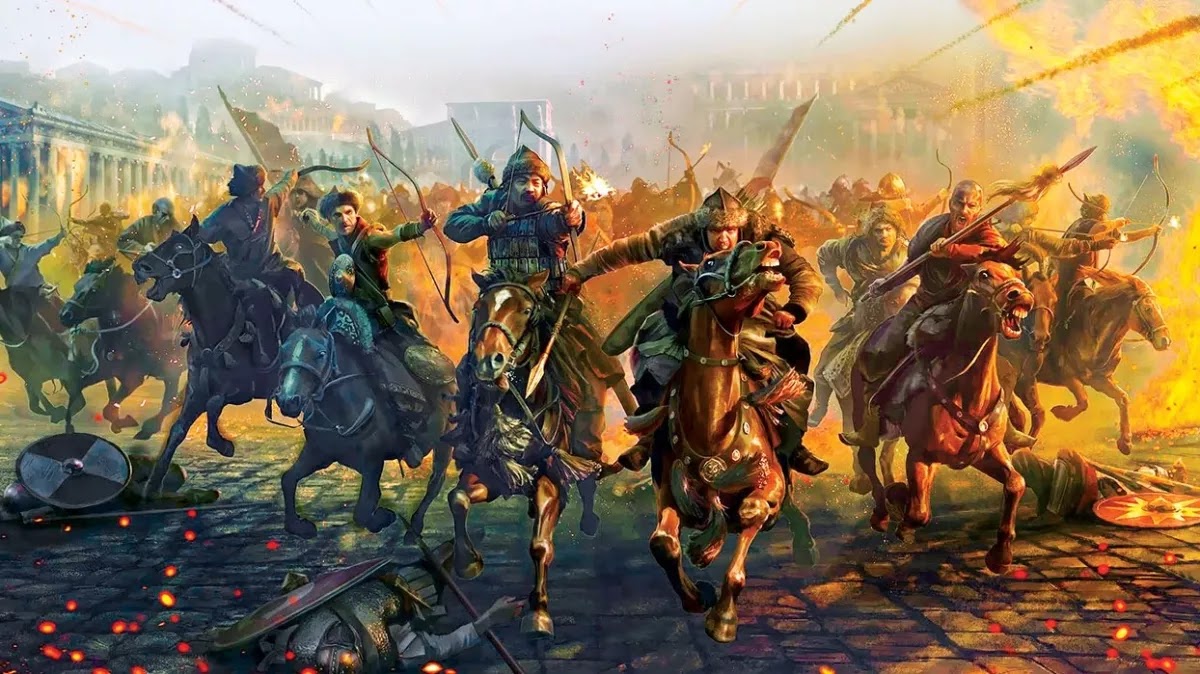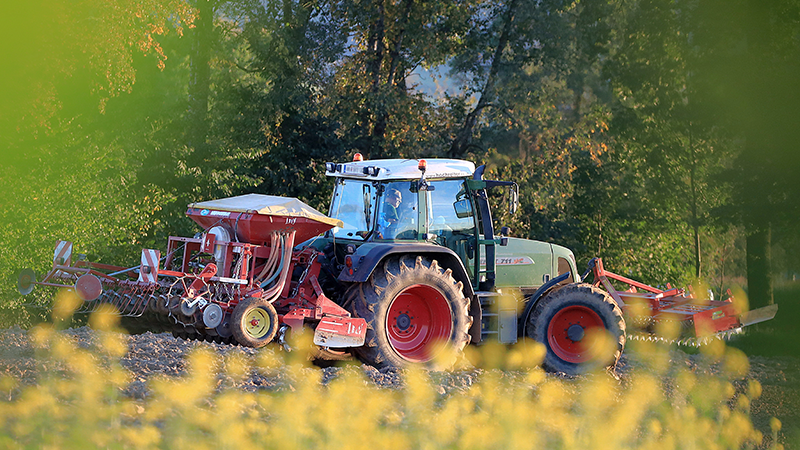The Human Body Can Heal in Astonishing Ways

The first acupuncture patient I ever worked with on my own was a woman who had broken both of her legs. She had been visiting a fire station with her women's group and was encouraged, ill-advisedly as it turned out, to slide down the fire pole. When I met her, she was still walking with two canes — a full year after her accident.
I was just beginning my third year of a four-year master's degree in acupuncture and Chinese medicine in San Diego, California, and a long way from my native Britain. Before treating this woman, I had only ever performed acupuncture on a patient as an assistant to a more senior student; before that, I'd practiced on sewn bags of rice. Though I did have a supervisor, he was also watching several other students, so I was practicing acupuncture unaccompanied for the first time.
I forged ahead with my first patient, putting needles in a selection of basic acupuncture points to address her pain. The woman was completely still and silent throughout. I had no sense as to whether anything I was doing was having any effect at all. The session seemed rather unremarkable — disappointingly so — until the end. What happened next will sound too good to be true, but bear with me: The point of this story is that it's easy to attribute recoveries we don't understand to the miraculous when, in fact, they are really just recoveries we don't understand.
After I removed the last needle and whispered a quiet "thank you" to indicate the treatment was over, the woman opened her eyes and said, "That felt amazing!" She sat upright from the table and declared, "I'm going to try walking without my canes." And that she did. She walked slowly around the room. I felt as if we were on a daytime talk show—the whole thing was so surreal.
People can heal in astonishing ways
It was immediately clear to me that, tempting as it was, I couldn't take credit. For a start, I wasn't sure that the patient's sudden impulse to walk, although dramatic, was all that miraculous. After a year of using canes, there was bound to come a time when she felt confident enough to discard them. Perhaps the acupuncture had given her sufficient pain relief that she felt as if this was the right day to try. It was also possible that I played the role of a placebo, offering the psychological reassurance this woman needed to get up on her feet (quite literally).
Regardless, this experience was a pivotal one, because it made me see that people can heal in astonishing ways. And I felt for the first time how deeply gratifying it is to guide people toward better health — even if I'm not entirely clear on how the healing has taken place.
This woman with the two broken legs and her striking response to treatment — be it the consequence of acupuncture or placebo or a more expansive energy or, as I now believe, some combination of the three — set me on a path to better understand the body and energy.
Chinese philosophy posits that qi, our personal energy field, is part of a greater energy field, the Tao, which is said to be so boundless that it defies description. It is the natural order of the universe and the container for all of our experiences as human beings. Every feeling we experience, every thought we have, every action we take causes a ripple of disturbance in the Tao, like a pebble thrown into a smooth lake. And those ripples affect not just ourselves, but everyone, because all living beings are interrelated.
This interconnectedness through the Tao, our shared container — what is sometimes referred to as the "universal energy field" in energy medicine — might also reflect on one of the strangest discoveries in quantum physics: the concept of nonlocality.
I believe humans might be similarly "entangled," connecting us within a larger energy field.
Scientists have found that when subatomic particles (particles that are smaller than an atom) are separated, they behave as if time and space don't exist and communicate with each other instantaneously. If one particle makes a "decision," the other immediately knows about it and reacts. For example, when a laser is shone through a certain type of crystal, the light particles split and become entangled even though they are separated by a large distance; in these circumstances, it has been observed that one of the paired photons spins upward while its partner spins downward. In addition, once particles become entangled, they are permanently enmeshed in a way that makes them behave as if they are a single entity — even when they are far apart.
I believe humans might be similarly "entangled," connecting us within a larger energy field. This thought occurs to me most often while I am treating a patient.
Much of the information I get about a patient comes from the standard procedures of TCM — taking the pulse, looking at the tongue (there is an entire system of diagnosis based on the shape and coating), and getting a person's full medical history — but there are also times when what I glean comes to me in other ways.
Recently, I met with a longtime patient of mine, a young man named Alex who I've been seeing for more than a decade. His doctor had diagnosed him with pneumonia, and although he'd taken a full round of antibiotics, Alex was still suffering from a terrible cough and fatigue. Both symptoms were enough for me to recommend that he see his doctor again. He should have felt some improvement from the medication, and he was clearly still unwell.
Experience has taught me that I can sometimes feel areas of stagnation in a person's energy field by moving my hands a few inches above their body and looking for areas that feel denser and harder to move my hands over. I found one such area in Alex's right lung and kept my hand still as I tried to understand what I was feeling. It was, I realized, a feeling of foreboding.
I must have looked worried, because Alex took notice. "Oh, I forgot to mention it, but that is a spot that feels a bit painful," he said. He described the discomfort as "a deep ache." He went on to say that he was doing his best to rest and recover because he was scheduled to travel to Europe the following day for work.
"You can't take a flight tomorrow without seeing your doctor first," I said with some force. I surprised even myself with the sharpness of my tone. I felt dread as I said it, but I couldn't name why exactly, and soon, I was doubling back, trying not to sound so dire. "I mean, I think it's important that you tell your doctor that the round of antibiotics didn't help," I said, trying to ground my response in reason. "And you should have him take a look at your lungs. You shouldn't still be experiencing pain."
I'd known to give him that advice medically, yes, but my feeling of unease was also coming to me as strong intuition. My fear felt so disproportionate and overwhelming in that moment that I believe I wasn't picking up information from just Alex, but also from the field in which we are all connected.
That night, Alex's wife called me from the hospital, where they were keeping him overnight for observation. He had dutifully visited his doctor that afternoon and discovered that he'd been misdiagnosed with pneumonia. Instead, his symptoms were caused by a pulmonary embolism, a blockage in one of the arteries in his lungs. Alex's doctor explained to him that he could have had a heart attack from the restriction of blood flow in his lungs if Alex had gotten on a plane.
I understand how odd a story like this can sound to people. In fact, I often wonder if some of these things really happen in the way that I remember them. Over time, I can poke holes in these stories, small punctures that let the air out of them, flattening them into more rational thought. Yet each time I have an experience like this — and something inevitably occurs to revive my sense of the extraordinary — it takes me another step toward understanding the web of energetic connections that underpins our ability to heal ourselves as well as each other.
The body is intelligent in ways that can be prompted and harnessed. I try to honor that intelligence in a way that is grounded in science but doesn't undervalue the mystery that always seems to be just outside our reach.






